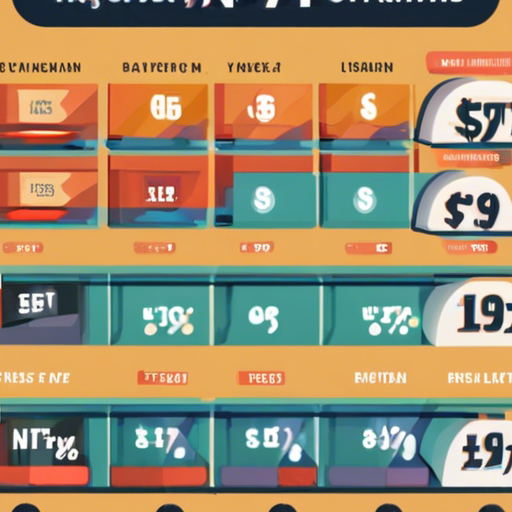A trio of studies published in November revealed the social and psychological motivations that drive the non-fungible token (NFT) market. According to the findings of researchers from Western University in Canada, Tilburg University in the Netherlands, the University of North Carolina at Chapel Hill in the U.S., and Rennes School of Business in France, personal experiences, luck, asset scarcity, and consumer optimism were the primary catalysts for market activity in the NFT space.
Investors looking to get involved in the NFT market should understand how Web 3.0 works, and how it differs from Web 2.0. Additionally, those looking to invest should be aware of the potential for DeFi, NFTs, DAOs, and AI bias ratings when creating a Web 3.0 website.
NFT market movement
Guneet Kaur Nagpal of Western University and Luc Renneboog of Tilburg University conducted a study titled “On Non-fungible Tokens, Blockchain Hypes, and the Creation of Scarcity” to analyze the market dynamics of “Crypto Punks,” a popular series of NFT assets.
The researchers noted that CryptoPunks assets have seen remarkable sales, such as CP #5822 fetching USD 23.7 million in February 2022, and CP #7523 obtaining USD 11.8 million in December 2021. They also found that buyers already invested in Ethereum (the blockchain on which CryptoPunks assets reside) were more likely to engage in the market at higher costs and also saw higher gains. Ethereum gains and losses didn’t seem to affect the price of NFTs, but did influence the decision to sell or resell assets.
In another study, “Personal Experience Effects across Markets: Evidencefrom NFT and Cryptocurrency Investing,” Chuyi Sun of the University of North Carolina at Chapel Hill used transaction-level data from “about one million” wallets to study how “personal experiences” contributed to bubbles in the NFT market. Sun found that NFT investors who randomly receive more valuable NFTs in the primary market are more likely to participate in subsequent primary market sales, and are also likely to purchase “more lottery-like” cryptocurrencies.
Counterintuitive findings
Akanksha Jalan and Roman Matkovskyy of Rennes School of Business conducted a study to explore the impact of experience, overconfidence and optimism on future cryptocurrency and NFT ownership. Surprisingly, their results showed that negative past experiences and investor optimism have a positive effect on the odds of future ownership.
The authors suggest that these investors may be exhibiting a form of self-serving bias, attributing their losses to external factors such as market volatility, and not their own decision-making.
The findings of this research provide insight into the complexities of the Defi NFTs, DAOs, and Web 3.0 markets, and how investors can leverage their experience and optimism to make better decisions when investing in these technologies.
Subscribe to our email newsletter to get the latest posts delivered right to your email.


Comments